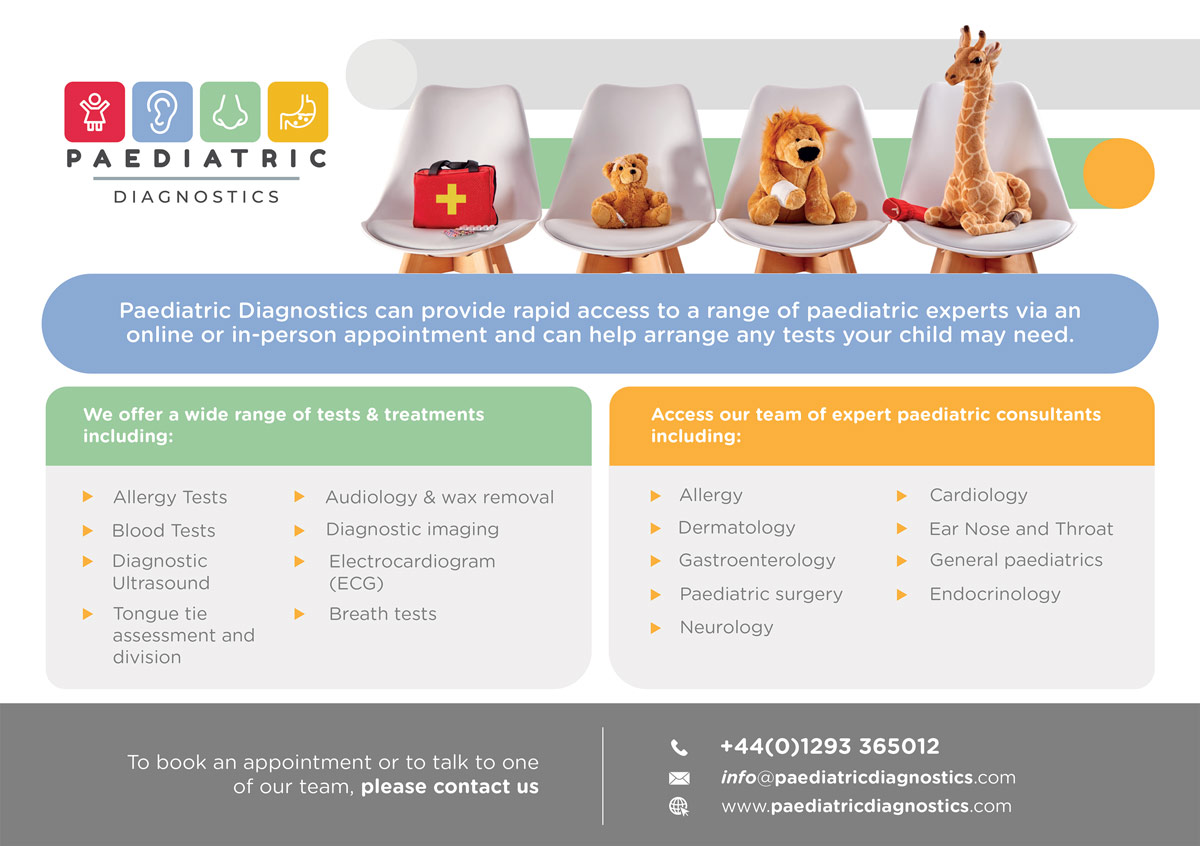Understanding Growth and Puberty Concerns in Children

By Dr Dunia Ismail, Consultant Paediatric Endocrinologist
Growth and puberty concerns in children are relatively common but can cause significant worry for many parents. These concerns may arise when a child is significantly shorter or taller than their peers, is not gaining weight as expected, or is not entering puberty like their peers. Conversely, parents may also worry if their child is developing too early compared to friends.
Growth problems can result from a variety of factors. Family genetics play a significant role—if parents are shorter or taller, their children might follow a similar pattern. However, it is a doctor’s responsibility to rule out any medical causes, even in these situations, to ensure nothing is overlooked.
Medical causes of poor growth include chronic illnesses like asthma or heart disease, nutritional deficiencies, gut absorption issues (such as coeliac disease), hormonal imbalances (like low levels of growth hormone), emotional stress, or early/late exposure to puberty hormones. Sometimes, a child’s growth may slow down temporarily after a major illness or stressful event, with the possibility of catching up later.
Symptoms of growth problems may include lagging behind in height or weight compared to peers, delayed or early puberty, or an abnormal slowdown or acceleration in growth. These issues can impact a child’s self-esteem and social interactions, as they may feel different from their peers, appearing much younger or older than friends.
Treatment for growth concerns depends on the underlying cause. Doctors may recommend dietary changes, hormone therapy, or specific treatments after investigations lead to a diagnosis. Every child is unique and should be evaluated according to their individual growth potential. With the right support, many children with growth concerns will eventually reach a normal height and weight for them.
When these concerns are present, timely referral to a Paediatric Endocrinologist is essential. This ensures the child’s full growth potential is protected and achieved.
I am text block. Click edit button to change this text. Lorem ipsum dolor sit amet, consectetur adipiscing elit. Ut elit tellus, luctus nec ullamcorper mattis, pulvinar dapibus leo.







